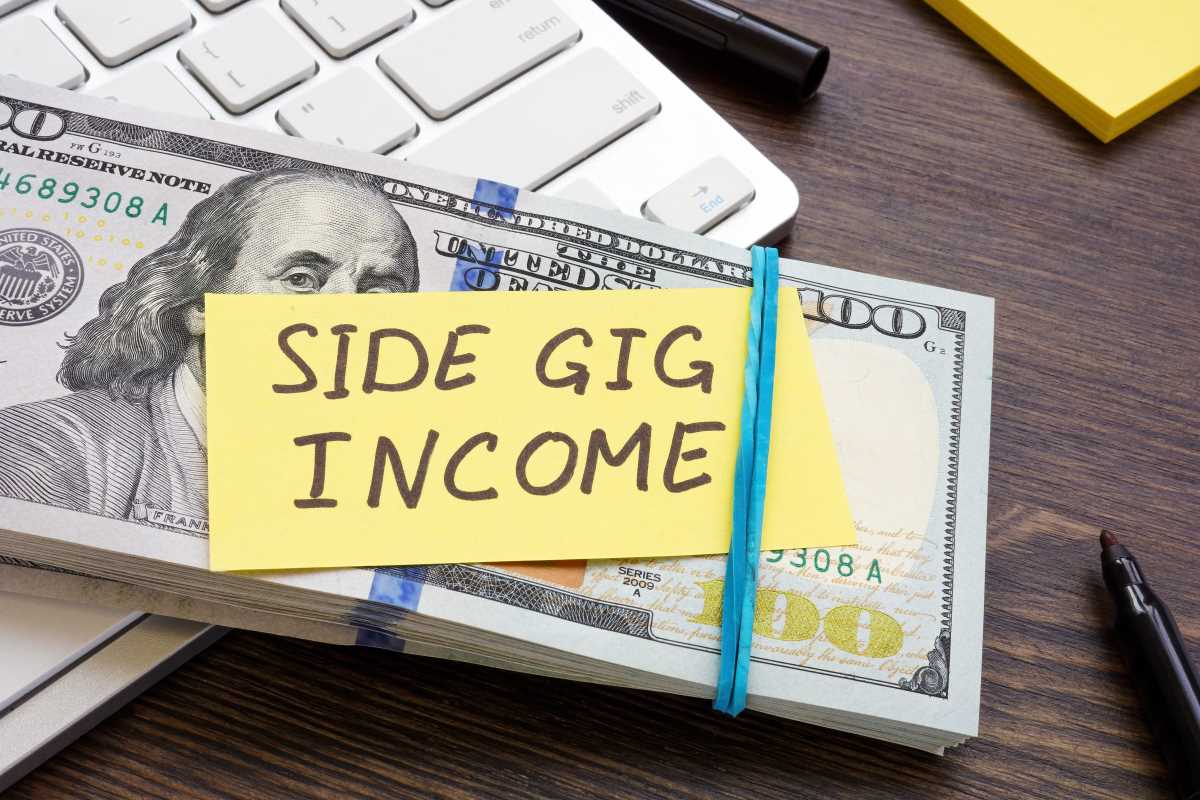If you’re starting to make financial plans for 2025, there’s one thing you’ll need to keep an eye on: prices. Prices for all kinds of goods and services are expected to rise in the coming year, and it’s important to prepare so you can make the best decisions for your budget. While you can’t control the price of everything, you can be smart about how you handle your money and plan for what’s ahead. From your grocery bills to your rent, let’s dive into the main areas where we expect to see price hikes in 2025.
1. Groceries
We’ve all noticed that the cost of food has been creeping up over the years, and unfortunately, it looks like the trend will continue in 2025. There are a number of reasons for this:
- Climate Change and Weather Conditions: Extreme weather events like droughts, hurricanes, and floods can severely affect crops, making them more expensive to grow and harvest.
- Supply Chain Issues: Problems like labor shortages, transportation challenges, and rising fuel prices have led to higher shipping and distribution costs, all of which are passed down to consumers.
- Increased Demand: As the global economy recovers from the pandemic, demand for food has risen, putting additional pressure on food prices.
All this means that you’ll likely see higher prices on basic food staples like bread, milk, eggs, and meat. Fresh produce might also be pricier, especially out-of-season fruits and vegetables. If you want to save some money, try shopping for in-season produce, looking for store brands, or buying in bulk when possible.
2. Gasoline and Energy Bills
Gas prices are always a bit of a mystery, but experts predict that they’ll continue to rise in 2025. So whether you’re filling up your car or paying for heating during the colder months, you should be ready for increased energy costs.
Why is this happening?
- Rising Global Demand: As countries recover from COVID-19, the demand for oil and natural gas has picked up again, which can drive prices higher.
- Renewable Energy Transition: Although renewable energy sources like solar and wind are on the rise, the transition period can cause fluctuations in the market. In the short term, it may increase costs as new technologies are developed and implemented.
- Seasonal Energy Needs: Winter typically brings higher heating bills, and summer can increase electricity prices due to the need for air conditioning.
To stay on top of rising energy costs, consider driving less, carpooling, or using public transportation when possible. At home, upgrading your insulation, switching to LED light bulbs, or installing a programmable thermostat can help keep your bills lower.
3. Healthcare Costs
Healthcare is a major concern for most people, and 2025 is no exception. The cost of doctor’s visits, medications, insurance premiums, and medical treatments is expected to rise. Here's why:
- Aging Population: As the baby boomer generation continues to age, there will be an increased demand for healthcare services. This puts additional strain on the system, leading to higher costs.
- Medical Advancements: New treatments, medications, and medical technologies are fantastic, but they come with a hefty price tag.
- Rising Operational Costs: Hospitals, doctors' offices, and insurance companies all face rising operational expenses, from staffing to facility maintenance.
To manage rising healthcare costs, it’s helpful to shop around for the best insurance plans, and you may want to explore Health Savings Accounts (HSAs) or Flexible Spending Accounts (FSAs) to save for medical expenses in a tax-advantaged way.
4. Housing and Rent Prices
If you’ve been thinking about buying a home or moving into a new apartment, brace yourself: prices are expected to keep rising in 2025. Whether you’re renting or buying, housing will likely become more expensive due to:
- Increased Demand for Housing: Many people are still looking for homes, especially in high-demand areas. Unfortunately, there aren’t enough houses to go around, which leads to rising prices.
- Interest Rates and Mortgages: If interest rates stay high, it will be more expensive to finance a home, which in turn drives up rents as landlords face higher costs.
- Construction Costs: Building new homes is becoming more expensive as the cost of raw materials like lumber and steel increases.
If you’re in the market for a home or an apartment, it’s a good idea to start your search early. Consider locking in a rate if you're looking to buy a home or exploring different rental options to find the best deal.
5. Education and Tuition
The cost of education has been steadily rising for years, and 2025 will be no different. Whether you're looking at tuition, books, or student loan interest rates, you can expect things to cost more. The reasons for this include:
- Increased Operational Costs at Schools: Colleges and universities face rising costs to pay faculty, maintain facilities, and provide services to students.
- Student Loan Interest Rates: If you or someone in your family is taking out loans for school, be aware that the cost of borrowing could rise as well.
- More Services and Tech in Education: Schools are investing more in technology, counseling services, and other resources, but these come at a price.
One way to combat rising education costs is by seeking out scholarships, grants, or federal aid, which can help ease the financial burden. If you’re saving for a child’s future education, consider starting or contributing to a 529 savings plan.
6. Automobiles
If you’ve been eyeing a new car, be prepared for price hikes in 2025. The cost of both new and used cars is expected to rise due to:
- Supply Chain Disruptions: The automotive industry is still dealing with shortages of critical components, like microchips, which make it difficult to produce new vehicles efficiently.
- Inflation: As the cost of materials like steel and aluminum rises, so does the price of cars. This trend is likely to continue in 2025.
- Electric Vehicle Demand: The rise in popularity of electric vehicles (EVs) means higher demand, which could push prices up, especially for newer models.
If you’re in need of a new vehicle, it might make sense to hold off for a while to see if prices stabilize, or consider buying a used car instead. Make sure to keep your current car in good shape to avoid extra expenses.
7. Entertainment and Streaming Services
Streaming services have become a staple for entertainment, but in 2025, they’re expected to raise their prices. Here's why:
- Rising Content Costs: Companies are paying more for exclusive shows, movies, and sports broadcasting rights, and they’ll pass those costs on to you.
- Increased Competition: With more and more streaming platforms on the market, companies are trying to attract subscribers by offering new, exclusive content. But producing this content isn’t cheap.
If you’re trying to keep your entertainment budget in check, consider consolidating subscriptions, sharing services with family members, or even canceling subscriptions to platforms you don’t use often.
8. Interest Rates on Loans and Credit Cards
Interest rates have been on the rise lately, and they could continue to climb in 2025. This will affect the cost of borrowing for things like car loans, mortgages, and credit card debt. If you’re carrying high-interest debt, now’s the time to pay it down as quickly as possible to avoid paying more in interest.
Higher interest rates might make it more expensive to borrow money, but if you already have loans or credit card debt, consider refinancing or consolidating to secure a better rate.







